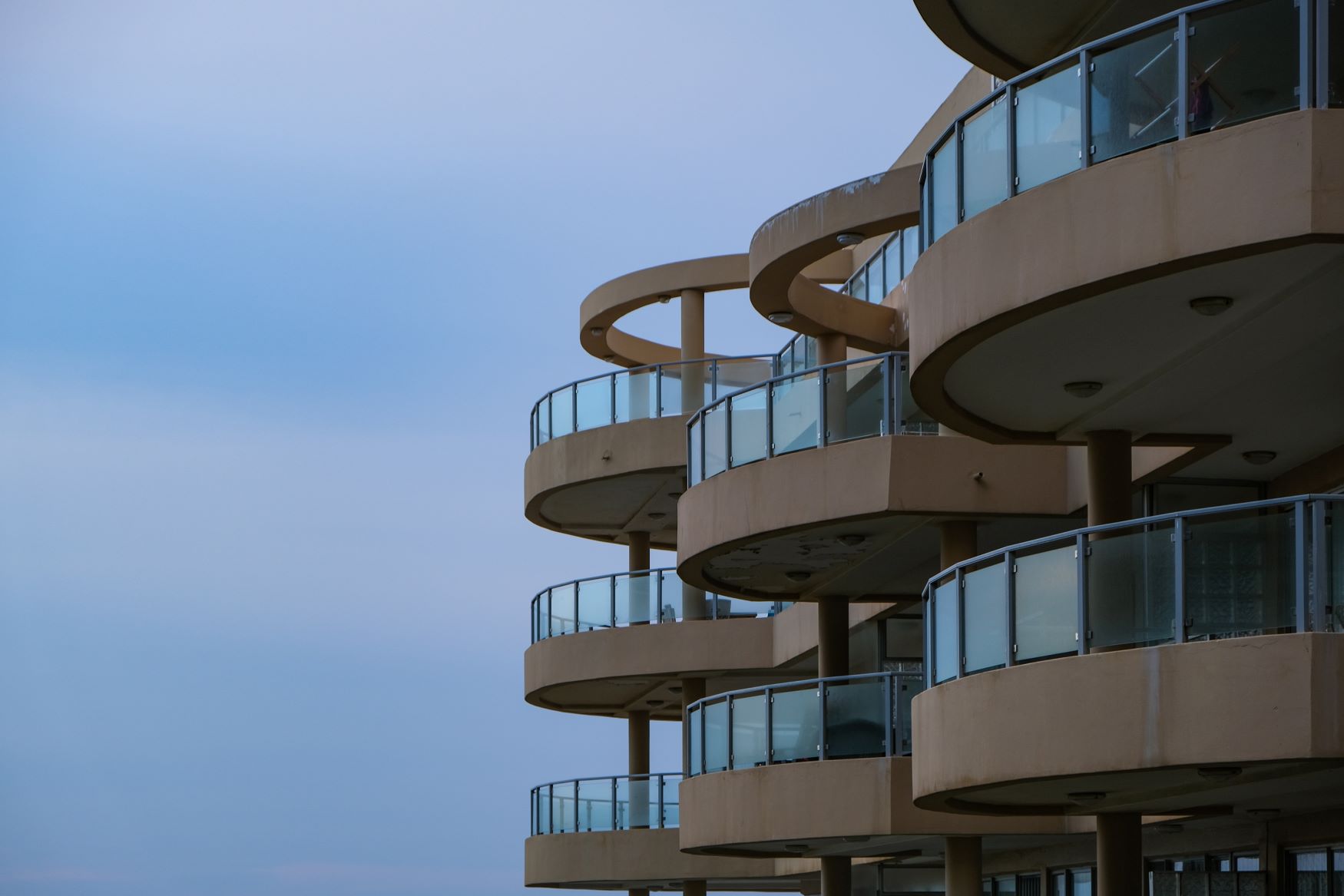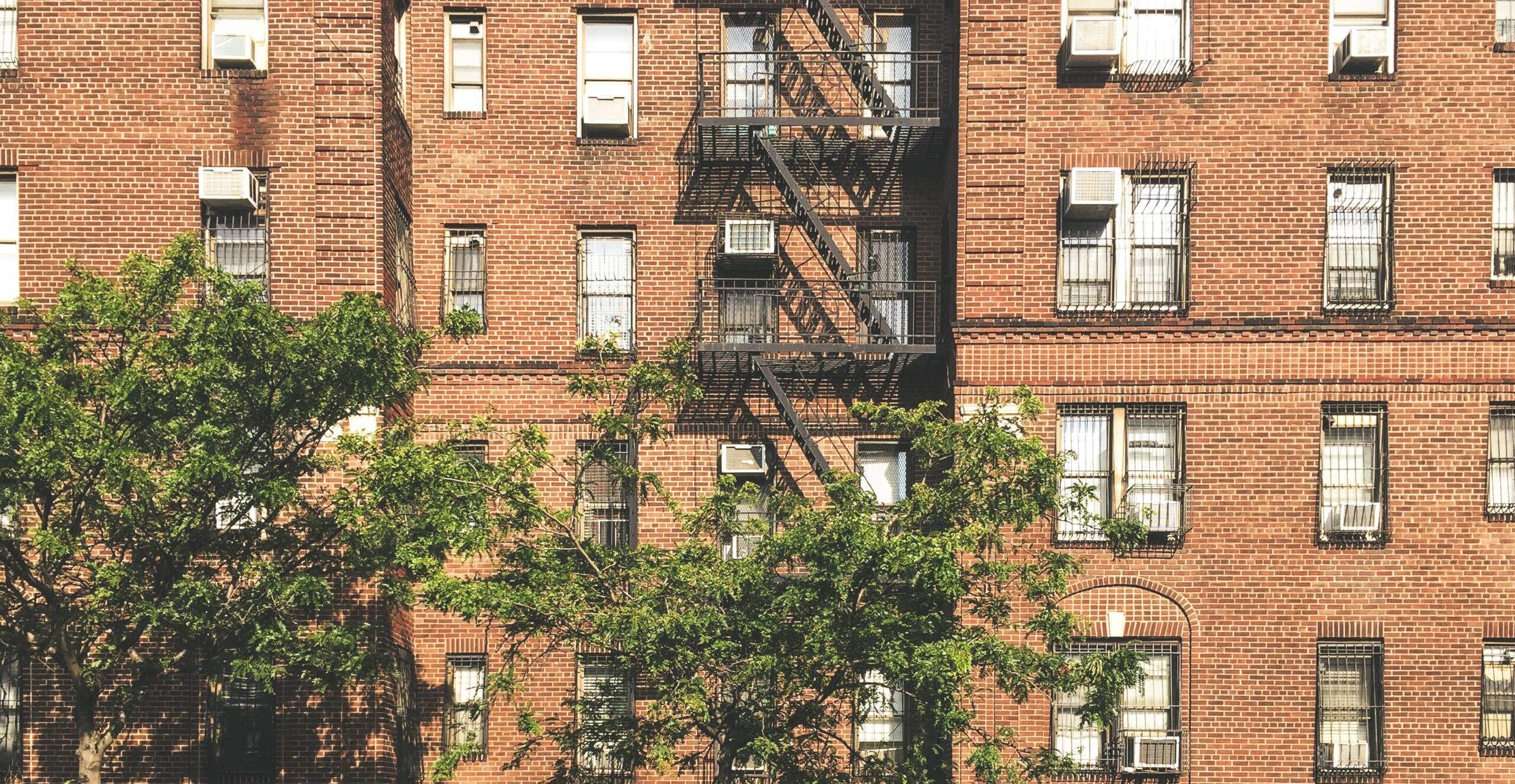In a landmark ruling, the Court of Appeal has confirmed that key financial protections for leaseholders under the Building Safety Act 2022 (BSA) apply retrospectively. This decision may have significant consequences for the recovery of historical building safety costs, impacting freeholders, leaseholders, and managing agents across the UK. However, it is worth noting that this verdict could well be subject to a further appeal, but due to the potentially substantial impact on the industry and the recovery of service charges related to the Building Safety Act, it is highly advisable for managing agents to seek expert legal consultation tailored to their circumstances.
The Core Issue: Are costs incurred or demanded prior to 28th June 2022 to remedy relevant building defects recoverable from leaseholders via the service charge?
A pivotal Court of Appeal decision has clarified the scope of the Building Safety Act 2022, confirming that its leaseholder protections can be applied retrospectively. The case, Adriatic Land 5 Limited v Leaseholders of Hippersley Point, centered on whether leaseholders could be protected from building safety costs that were incurred or demanded before the BSA officially came into force on 28 June 2022.
The court ruled that where Schedule 8 of the BSA states “no service charge is payable,” this applies to costs incurred or billed prior to the Act’s commencement. This means charges for certain building safety-related works and professional fees incurred before the introduction of the Building Safety Act may no longer be recoverable from leaseholders.
The Hippersley Point Ruling Explained
The freeholder in the Hippersley Point case put forward three main arguments:
- That limits on recovering professional fees did not include legal costs related to seeking dispensation under the Landlord and Tenant Act 1985.
- That these limits should not apply retrospectively.
- That retrospective application would breach their human rights under Article 1 Protocol 1 of the European Convention on Human Rights (A1P1).
While the judges unanimously rejected the arguments on the scope of professional fees and the human rights challenge, they were divided on the issue of retrospectivity. The majority, however, concluded that the protective purpose of the BSA justified its retrospective application, prioritising the need to shield leaseholders from historical costs.
Which Service Charge Costs are Affected?
The Court of Appeal confirmed that several key protections in Schedule 8 of the BSA apply retrospectively, preventing the recovery of specific costs through service charges, even if they were invoiced before 28 June 2022.
The affected costs include:
- Remediation Costs: Charges related to fixing “relevant defects” in buildings with qualifying leases are restricted.
- Costs for Leaseholders Meeting Financial Thresholds: Additional protections are in place that limit or prevent cost recovery from leaseholders who meet certain criteria, such as income caps.
- Professional Fees: Costs for legal advice, surveyor reports, or expert opinions related to relevant defects cannot be recovered.
- Legal Proceedings Costs: Fees associated with legal action, such as applying for dispensation from consultation requirements, are blocked.
This was further reinforced by a related judgment in Triathlon Homes LLP v Stratford Village Development Partnership, which found that Remediation Contribution Orders (RCOs) under section 124 of the BSA can also be applied to costs paid before the Act came into force.
Immediate Steps for Managing Agents
This ruling creates a new layer of complexity for service charge management and has immediate implications for managing agents. Agents should now:
- Reassess Outstanding Charges: Review all disputed or outstanding service charge demands for historical building safety works to check if they are still enforceable.
- Review Past Recovery Efforts: Analyse previous cost recovery activities with legal advisors to understand any potential liabilities or required actions.
- Consult Leasehold Experts: Seek advice from leasehold experts about any uncertainties and any complex scenarios encountered following this verdict.
- Advise Clients Carefully: Exercise caution when advising both freeholders and leaseholders on billing for any past or future building safety costs.
The legal landscape for recovering building safety costs may have just fundamentally changed. All parties involved in leasehold properties must recognise that charges once considered valid may no longer be legally enforceable should this verdict stand.



